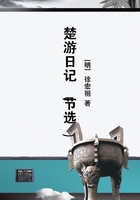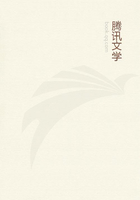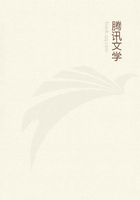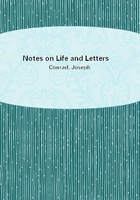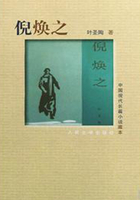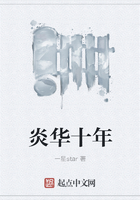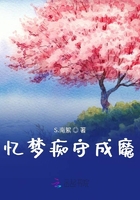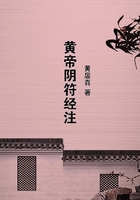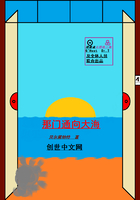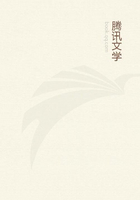Of the Par or Relation between the Value of Land and Labour It does not appear that Providence has given the right of the possession of land to one man preferably to another: the most ancient titles are founded on violence and conquest. The lands of Mexico now belong to the Spaniards and those at Jerusalem to the Turks. But howsoever people come to the property and possession of land we have already observed that it always falls into the hands of a few in proportion to the total inhabitants.
If the proprietor of a great estate keeps it in his own hands he will employ slaves or free men to work upon it. If he has many slaves he must have overseers to keep them at work: he must likewise have slave craftsmen to supply the needs and conveniencies of life for himself and his workers, and must have trades taught to others in order to carry on the work.
In this economy he must allow his labouring slaves their subsistence and wherewithal to bring up their children. The overseers must allow advantages proportionable to the confidence and authority which he gives them. The slaves who have been taught a craft must be maintained without any return during the time of their apprenticeship and the artisan slaves and their overseers who should be competent in the crafts must have a better subsistence than the labouring slaves, etc. since the loss of an artisan would be greater than that of a labourer and more care must be taken of him having regard to the expense of training another to take his place.
On this assumption the labour of an adult slave of the lowest class is worth at least as much as the quantity of land which the proprietor is obliged to allot for his food and necessaries and also to double the land which serves to breed a child up till he is of age fit for labour, seeing half the children that are born die before the age of 17, according to the calculations and observations of the celebrated Dr. Halley. So that two children must be reared up to keep one of them til working age and it would seem that even this would not be enough to ensure a continuance of labour since adult men die at all ages.
It is true that the one half of the children who die before 17 die faster in the first years after birth than in the following, since a good third of those who are born die in their first year. This seems to diminish the cost of raising a child to working age, but as the mothers lose much time in nursing their children in illness and infancy and the daughters even when grown up are not the equals of the males in work and barely earn their living, it seems that to keep one of two children to manhood or working age as much land must be employed as for the subsistence of an adult salve, whether the proprietor raises them himself in his house or has the children raised there or that the father brings them up in a house or hamlet apart. Thus I conclude that the daily labour of the meanest slave corresponds in value to double the produce of the land required to maintain him, whether the proprietor give it him for his subsistence and that of his family or provides him and his family subsistence in his own house. It does not admit of exact calculation, and exactitude is not very necessary; it suffices to be near enough to the truth.
If the proprietor employ the labour of vassals or free peasants he will probably maintain them upon a better foot than slaves according to the custom of the place he lives in, yet in this case also the labour of a free labourer ought to correspond in value to double the produce of land needed for his maintenance. But it will always be more profitable to the proprietor to keep slaves than to keep free peasants, because when he has brought up a number too large for his requirements he can sell the surplus slaves as he does his cattle and obtain for them a price proportionable to what he has spent in rearing them to manhood or working age, except in cases of old age or infirmity.
In the same way on may appraise the labour of slave craftsmen at twice the produce of the land which they consume.
Overseers likewise, allowing for the favours and privileges given to them above those who work under them.
When the artisans or labourers have their double portion at their own disposal they employ one part of it for their own upkeep if they are married and the other for their children. If they are unmarried they set aside a little of their double portion to enable them to marry and to make a little store for housekeeping; but most of them will consume the double portion for their own maintenance.
For example the married labourer will content himself with bread, cheese, vegetables, etc., will rarely eat meat, will drink little win or beer, and will have only old and shabby clothes which he will wear as long as he can. The surplus of his double portion he will employ in raising and keeping his children, while the unmarried labourer will eat meat as often as he can, will treat himself to new clothes, etc. and employ his double portion on his own requirements. Thus he will consume twice as much personally of the produce of the land as the married man.

